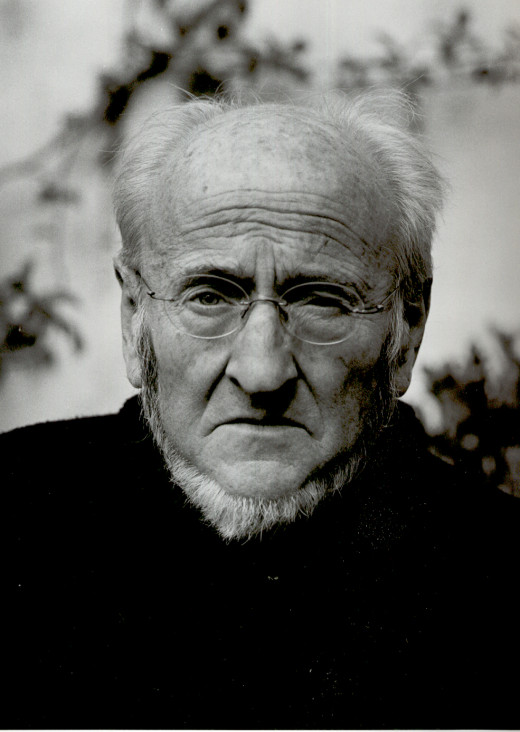Santander, 1936
Original title: Santander, 1936
The troubles and adventures of a teenager in 1930s Santander.
This novel's protagonist is named Álvaro Pombo Caller, and although he doesn't like it, his friends call him Alvarito, or Alvarín. The novel's Álvaro Pombo Caller, our author Álvaro Pombo's uncle, is nineteen years old in 1936.
In the provincial Santander of that time, as in all of Spain, the confrontation between the left and right, fierce intellectual debates, and exalted political proclamations are raging. Alvarín, with his youthful fervor and admiration for José Antonio Primo de Rivera, joins the Falange Española in 1934. His father, Cayo Pombo Ybarra, is an agnostic liberal and republican, admirer of Manuel Azaña. Despite their political differences, the father and son love each other very much and get along very well.
Alvarín's mother, Ana Caller Donesteve, the famous Ana de Pombo, a successful Parisian fashionista of the time, has left her husband Cayo in Santander and has sent her children to English and French schools. There is an intense epistolary correspondence, very much of the time, between Ana and her son Álvaro. The Santander of Alfonso XIII and his family's royal vacation, who have left Spain after the proclamation of the Second Republic, is now behind us.
The novel highlights the political and intellectual novelty of the Republic, as well as its great agitation compared to the calm monarchical times. The beginning of the Civil War will bring tragic consequences to Santander and the rest of Spain, as for Álvaro Pombo Caller, a leading Falangist who is captured and imprisoned on the prison ship Alfonso Pérez.
Álvaro Pombo,the writer, not the character, returns to Santander, to the familiar universe and the world of adolescence. He does so with a seductive novel of philosophical and sentimental formation.
"A writer through and through, and something even rarer, one that is different from everyone else, absolutely original."
-- Carmen Martín Gaite
"The most shocking and genuinely eccentric, the most succulent and lively of Spanish novelists."-- Ignacio Echevarría, El Español
The troubles and adventures of a teenager in 1930s Santander.
This novel's protagonist is named Álvaro Pombo Caller, and although he doesn't like it, his friends call him Alvarito, or Alvarín. The novel's Álvaro Pombo Caller, our author Álvaro Pombo's uncle, is nineteen years old in 1936.
In the provincial Santander of that time, as in all of Spain, the confrontation between the left and right, fierce intellectual debates, and exalted political proclamations are raging. Alvarín, with his youthful fervor and admiration for José Antonio Primo de Rivera, joins the Falange Española in 1934. His father, Cayo Pombo Ybarra, is an agnostic liberal and republican, admirer of Manuel Azaña. Despite their political differences, the father and son love each other very much and get along very well.
Alvarín's mother, Ana Caller Donesteve, the famous Ana de Pombo, a successful Parisian fashionista of the time, has left her husband Cayo in Santander and has sent her children to English and French schools. There is an intense epistolary correspondence, very much of the time, between Ana and her son Álvaro. The Santander of Alfonso XIII and his family's royal vacation, who have left Spain after the proclamation of the Second Republic, is now behind us.
The novel highlights the political and intellectual novelty of the Republic, as well as its great agitation compared to the calm monarchical times. The beginning of the Civil War will bring tragic consequences to Santander and the rest of Spain, as for Álvaro Pombo Caller, a leading Falangist who is captured and imprisoned on the prison ship Alfonso Pérez.
Álvaro Pombo,the writer, not the character, returns to Santander, to the familiar universe and the world of adolescence. He does so with a seductive novel of philosophical and sentimental formation.
"A writer through and through, and something even rarer, one that is different from everyone else, absolutely original."
-- Carmen Martín Gaite
"The most shocking and genuinely eccentric, the most succulent and lively of Spanish novelists."-- Ignacio Echevarría, El Español
